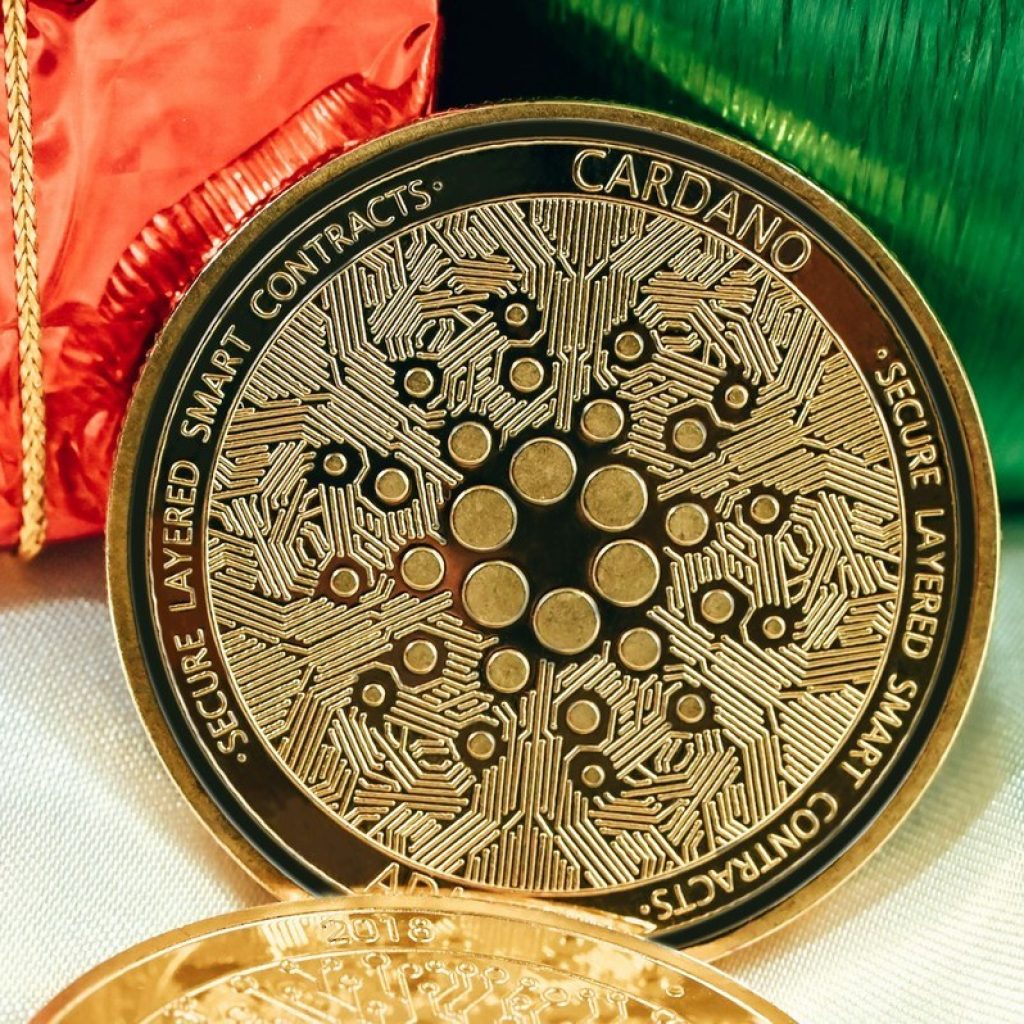As the trial of FTX founder Sam Bankman-Fried approaches, a legal tug-of-war over proposed witnesses has emerged between the defense and the Department of Justice (DOJ). Both parties have submitted their views on why certain witnesses should be disqualified from testifying, shedding light on the strategies they intend to employ in the upcoming trial involving fraud and conspiracy charges.
DOJ wants SBF’s witnesses barred from testifying
Bankman-Fried’s defense team has raised concerns about the financial analysis expert put forth by the DOJ. They argue that the proposed testimony might not be permissible under legal rules. These submissions, referred to as “Daubert motions,” were filed on Monday and provide insight into the potential testimonies that each side wants to prevent from being presented in court.
The DOJ has aimed to discredit all seven expert witnesses proposed by Bankman-Fried’s team. The prosecution contends that the disclosure filings submitted by these experts fall short of detailing their opinions adequately. Moreover, the DOJ asserts that some of the proposed testimonies touch on inappropriate subjects for expert analysis and could potentially confuse the jury.
Among the experts brought forward by Bankman-Fried’s team are Lawrence Akka, a British barrister; Thomas Bishop and Joseph Pimbley from consulting firms; Brian Kim, specializing in data analytics and forensics; Bradley Smith, a law professor at Capital University Law School; and Andrew Di Wu, an assistant professor at the University of Michigan.
Defense and prosecutors lock horns over testimony admissibility
The DOJ’s objections extend to specific aspects of these witnesses’ proposed testimonies. For instance, they argue that Akka’s testimony, which delves into the definition of “trust” under the law, overlaps with the judge’s role. Similarly, the disclosures provided by Kim and Bishop lack the specificity required, only touching on general topics. Smith’s testimony is questioned because it relates to a campaign finance-specific charge not brought by the DOJ.
The prosecution further contends that the testimony of witnesses like Pimbley, who is proposed to speak as an expert on FTX’s code, is unnecessary. The DOJ plans to call other witnesses who were involved in writing FTX’s code and can testify competently about it. As the battle over expert witnesses unfolds, both sides are gearing up for a crucial virtual meeting scheduled for Wednesday.
During this meeting, discussions will revolve around several issues, including Bankman-Fried’s request for more time out of jail to prepare his defense, the exclusion of discovery material shared after July 1, and the defense’s planned “advice-of-counsel” strategy. The situation took another turn as defense attorney Christian Everdell expressed dissatisfaction with the DOJ’s production of documents. Everdell’s letter stated that the DOJ provided an additional 3.7 million pages of documents on Monday, in addition to the 4 million pages produced last Thursday.
This abundance of documents adds to the complexity of preparations for the trial. As the legal battle intensifies in the run-up to the trial, the strategies and arguments being presented by both the defense and the DOJ highlight the intricate dynamics and meticulous planning that go into building a case in a high-stakes legal battle of this nature. As the court proceedings unfold, the effectiveness of these arguments and the outcome of the trial will undoubtedly shape the narrative surrounding FTX founder Sam Bankman-Fried’s legal ordeal.





